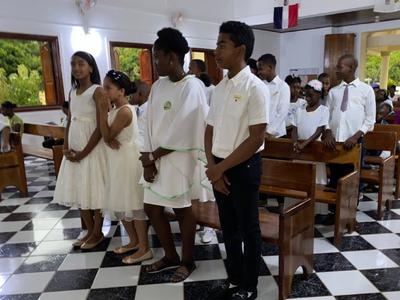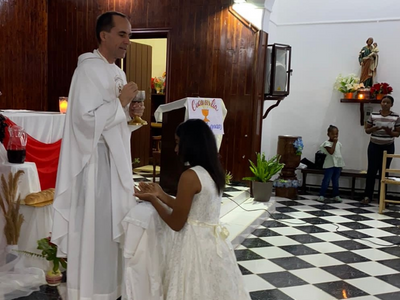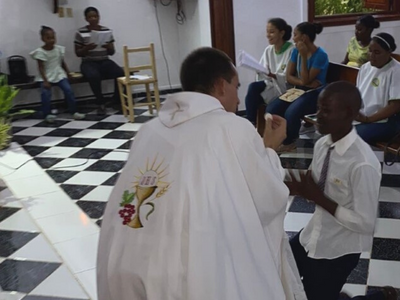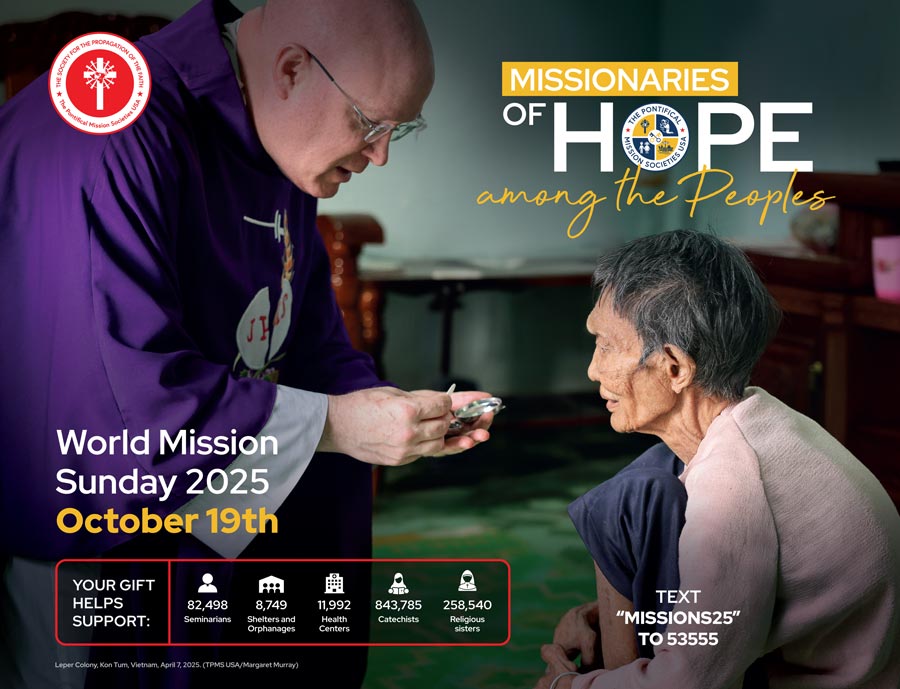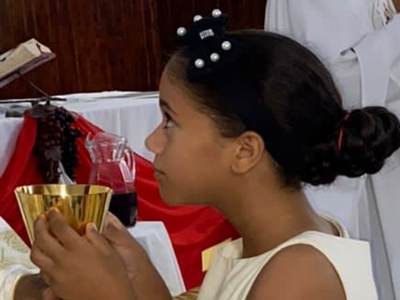
A Reflection on the Year
Dear Friends and Supporters of the Mission,
In June of last year when I was preparing to come to Bánica, a close friend of mine gave me an
icon of Jesus as the “Good Samaritan.” I did not understand when he gave me this icon how my life as a priest fundamentally was about to change. When I was in Alexandria my job was primarily and almost exclusively focused on spiritual needs: administering and preparing people for sacraments, giving catechesis, spiritual direction and leading people in prayers and devotion. In Bánica I have slowly come to understand the need to care for people’s spiritual and material needs (and often the material seems to dominate). The lack of basic education and medical care is also a problem.
One of the first things that has opened my eyes was a visit to the 4th grade classroom in our parish school. The day I visited the students were reading a short (3 paragraph) story about a pig and a bull. I was amazed how short the story was and even more amazed by the general lack of basic comprehension. Some of our students read very well, but the majority struggle greatly. I deeply desire to catechize them, but I also want them to be able to read their catechism. While I have no specific resolution, I hope over time our school can help raise basic reading skills and literary comprehension.
Another challenge is the lack of basic health care, specifically in our region, and in the country as a whole. A number of cases have been eye opening but one in particular has caught my attention. A young lady named Miguelina has a terminal degenerating disease in her bones that is hereditary (I should know the name, but no one has kept a written record). This poor young woman is confined to a wheelchair and only continues to get worse. Unfortunately, the state offers no palliative care and so we do our best through our St. Vincent de Paul Society to provide painkillers and occasional Doctors’ visits.
These are just two examples of the vast difference between what we take for granted in America and what the reality is here in Bánica. Every day I look to the “Good Samaritan” for encouragement and realize every caring action we take, whether big or small, makes a difference in that person’s life.
From Bánica,
Fr. Jeb
The Hardest Part about a Helping Hand
Some years ago, the Bishops of the Dominican Republic singled out a chief challenge for the Church as she labors in this part of the Lord’s vineyard: “Matar la dependencia”, literally, “kill the dependency”. “Dependency” in this context refers to the mindset of passively awaiting others’ efforts to resolve life’s needs rather than becoming an active collaborator in that resolution. This tendency, so pronounced in Dominican society at large (seemingly more than in Haiti, our much poorer neighbor on the western side of the island), is easily, almost unavoidably exacerbated when aid is given from the outside.
I recall the new pastor of a neighboring parish here, a member of a missionary order from Mexico, expressing to his brother priests his surprise that parishioners were only approaching him for material help, which he was not able to give. A native Dominican priest responded that this was a result of the “asistencialismo” (perhaps best translated as “handout-ism”) that had grown up during the years in which that parish had received a high level of material support from a sponsoring U.S. diocese.
The concern to help in ways that will avoid contributing to this dependency–and perhaps even help overcome it–is something that Father Jeb and I talk through on an almost daily basis. It is a concern shared by both our local Dominican bishop and by our own Bishop Burbidge. On the one hand, there is real poverty and real needs that must be met, including immediate needs like food and medicine. In meeting these needs, it is helpful to enlist Dominican collaborators, whether on staff or as volunteers, who share the goal of overcoming dependency, and also to favor community-oriented remedies, such as a free-or-low-cost clinic, as opposed to simply giving an individual handout.
But, on the other hand, as Pope Francis indicated in his recent encyclical Fratelli Tutti, when the Church or the government steps in to meet such an immediate need it should be understood as a passing, provisional help, rather than creating a situation of dependency. The great goal, as elusive as it may be, is to help in ways that allow the persons helped sustain their forward progress, above all through work. This idea is reflected in the adage about give a man a fish feed him for the day; teach him to fish and he can feed himself daily.
From Pedro Santana,
Fr. Stephen
What Makes It All Worth While
